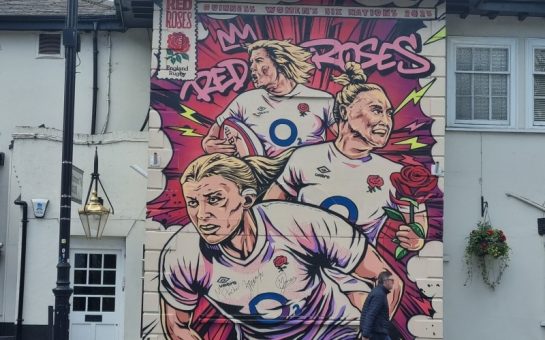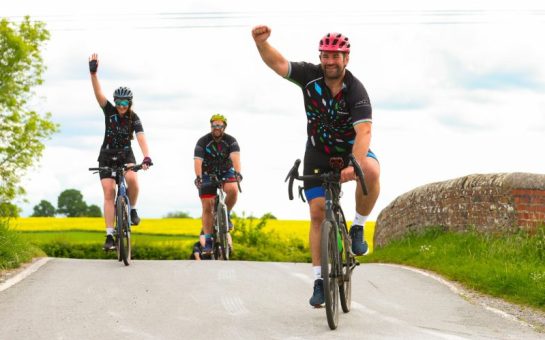As the nation gears up for the final round of the Guinness Six Nations this weekend, it’s hard to imagine a time when rugby wasn’t on our screens, but today is the anniversary of the first televised rugby match, a Calcutta Cup match between England and Scotland.
On March 19th 1938, 83 years ago, the BBC broadcast the first ‘Six Nations’ game in which Scotland, captained by Wilson Shaw, beat Herbert Toft’s English side 21-16.
Then known as the Home Nations Championships, before France and Italy made it the Six Nations, Scotland were poised to win the Calcutta Cup and Triple Crown along with the trophy.
And whilst the audience was limited, with under 10,000 television sets in the UK and transmission confined to London, it caused a landslide of sporting firsts.
Following on from rugby’s first TV broadcast, the annual Oxford versus Cambridge boat race was shown the next month, along with the first football match (England vs. Scotland), FA Cup Final match (Preston vs. Huddersfield), and cricket Test Match (England vs. Australia) shown later in the year.
The historic match itself was viewed by over 70,000 in Twickenham’s iconic concrete stands, including 14-year-old Bill McLaren, known as ‘The Voice of Rugby’, who went on to pioneer rugby commentating.
But commentating on the day was former Harlequin player Teddy Wakelam, BBC’s chosen radio commentator, whose voice was heard through both mediums during the match.
Recalling delivering commentary to both listeners and viewers, Wakelam said he, and John Snagge his accompanying commentator, felt it made “very little difference to us in the box”.
And, with one half of the pitch illuminated in bright sunshine whilst the other cowered under the shade of the ground’s towering stand, and a misspelt graphic, the BBC’s first rugby coverage was a long stretch away from the HD footage we can all enjoy today.
And so was the rugby.
The 30s weren’t a particularly famous or great era of rugby, with increasingly defensive play resulting in fewer star players and lower match scores, similar to today’s environment.
But, when Scotland turned up to Twickenham, a ground on which they had only experienced one victory in the 11 games they had played there since 1911, they put on a show.
The crowd was treated to an epic battle full of England’s dominating scrums, Scotland’s competitive back-row and rugby geniuses from both sides.
As Sandy Thorburn chronicled in his 1980 book The History of Scottish Rugby the match was owned by players such as English winger Jimmy Unwin and Scotland’s captain Wilson Shaw, whose “text-book right foot/left foot fast jink” play allowed for a “wonderful solo try” that put Scotland up at half-time.
Remembered as a match in which every Scottish try was countered by an English kick, the score would have been different if Scotland’s flanker Wilf Crawford had not missed all five of their conversions.
But in the end, the seemingly repetitive scoring rhythm of Shaw’s scrappy side won out.
With the onset of World War II shaping the next decade of rugby, and successive Scottish teams failing to emulate the team’s Twickenham victory until 1965, it was a milestone in rugby history.
John Griffiths, 44 years on, described it as “the most spectacular and exciting Calcutta Cup match ever”, with ESPN reporting that the description still stands.
And as everyone settles in to watch ‘Super Saturday’ at home tomorrow, the legacy of the day BBC brought rugby into the era of TV shines even brighter.
Featured image credit: Citizen59 via Flickr license CC BY-SA 2.0




